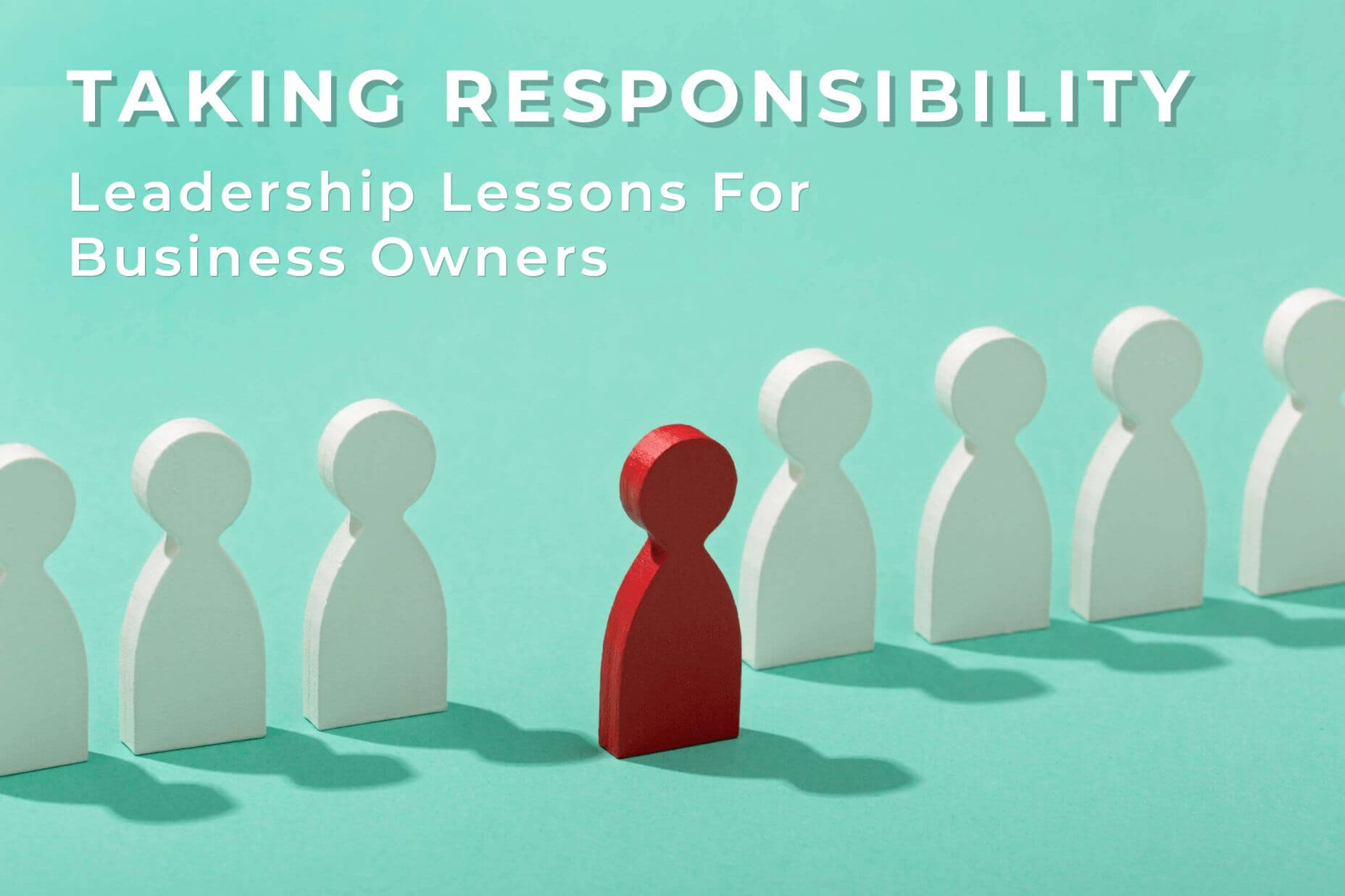TAKING RESPONSIBILITY
When the U.S. Constitution was ratified in 1788, there was an overwhelming call within the colonies for George Washington to become the first president. In fact, many believed he was the only person with the stature, trustworthiness, and competence to unify the fragile new nation that had won its independence from Britain just seven years prior—under Washington’s command.
But Washington was reluctant to take the job. He was tired from years of war, wary of politics, and fearful that he lacked the necessary skills. He had retired to his country estate as a gentleman farmer and was looking forward to doing just that for the rest of his days. He likely felt fortunate simply to have survived the war without being hanged by his enemies and didn’t want to risk receiving the same fate from his countrymen who might disagree with him and his decisions.
Given the positive outcome of this story, there are valuable lessons to be drawn from Washington’s example—lessons that apply to business owners.
Duty often calls leaders beyond their comfort level. Despite his personal aversion to politics, Washington accepted the presidency. He viewed it as a solemn duty—something he owed to the country he helped found.
Similarly, business owners assume responsibility for the decisions, actions, and results of everyone and everything within their companies, both good and bad. They also take on many unpleasant tasks that may be required as the company grows. These might include collecting money from customers who are also friends or discharging employees who are also family members.
Doing what’s right, even when it’s unpleasant, shapes an organization and a leader’s legacy. Washington’s daily example set the tone for the presidency and for American democratic traditions. He knew he was making the rules and setting precedents that would determine how the government would function for years to come. And he was doing it on the fly. Fortunately, he surrounded himself with brilliant minds, including some who disagreed strongly with him. He kept the long-term success of the country and the principle of “deriving their just powers from the consent of the governed,” as written into the Declaration of Independence, foremost in his decision making.
The same should hold true for every business owner regardless of their circumstances or the size or age of their company.
When business is slow, guess who’s responsible for speeding it up? Even owners who don’t think of themselves as salespeople or who dislike selling must embrace this part of the job. Successful owners don’t complain about it. They put on a clean shirt and go visit customers, thanking those who are buying from them and introducing themselves to those who are not yet.
Owning a business is an elective course in life. It’s not required. Along with that choice comes the responsibility of doing things and making decisions that are sometimes difficult and unpleasant. But those decisions are necessary and simply part of the job.



